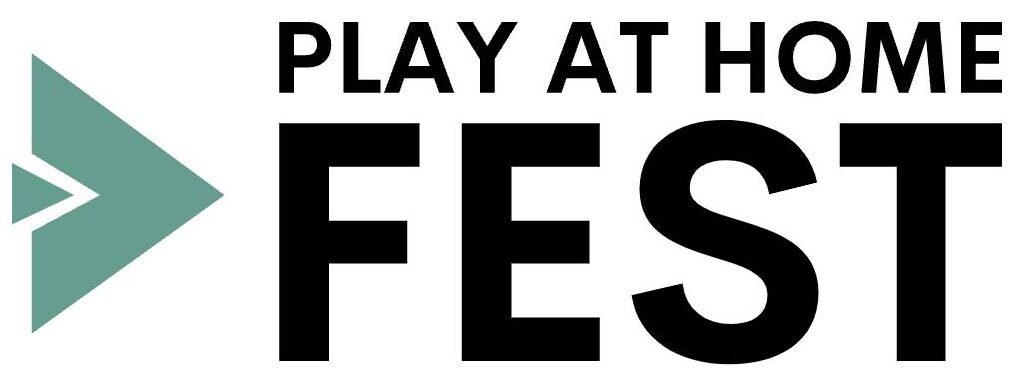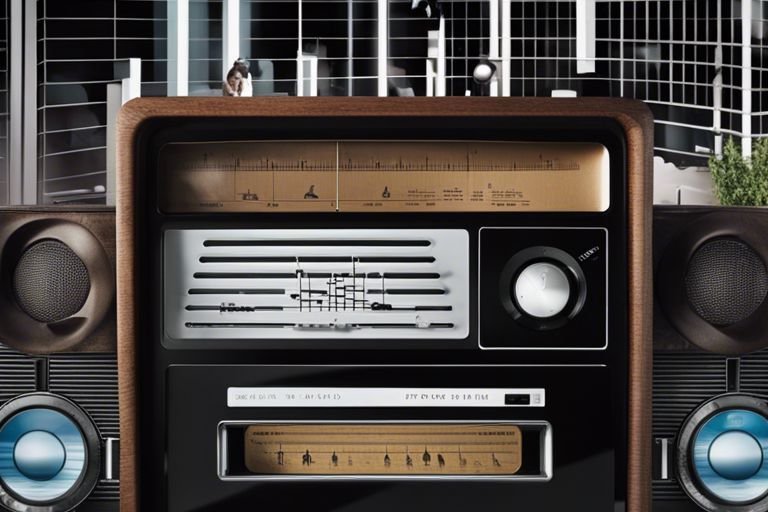Obtaining airplay for your music can be a challenging and competitive endeavor, but with the right strategies and promotion, it is absolutely achievable. If I want to see my tracks hit the airwaves, I need to understand the ins and outs of radio promotion and utilize my resources effectively. In this blog post, I will be outlining the crucial steps and strategies to get my music on the radio and garner airplay for my tracks.
Key Takeaways:
- Understand the radio market: Research the different radio stations and their target audiences to identify the best fit for your music.
- Build relationships with radio DJs and programmers: Networking and forming connections in the industry can increase your chances of getting airplay.
- Create a professional press kit: Providing a well-designed and informative press kit can help catch the attention of radio stations and increase the likelihood of airplay.
- Utilize social media and online platforms: Building a strong online presence and engaging with fans can help generate buzz and attract the attention of radio stations.
- Consider hiring a radio promoter: If you have the budget, hiring a professional radio promoter can greatly enhance your chances of getting your music on the radio.
Understanding the Radio Industry
Before diving into strategies for getting your music on the radio, it’s crucial to gain an understanding of how the radio industry operates. Radio stations receive a large volume of music submissions and have their own set of criteria for selecting which songs to play. As an independent artist, knowing how to navigate this industry and what factors influence airplay decisions can significantly increase your chances of getting your music on the radio.
How to Navigate the Radio Industry
When trying to get your music on the radio, it’s essential to have a clear understanding of the different types of radio stations, such as commercial, college, public, and internet radio. Research the specific genres and formats each station focuses on, and familiarize yourself with their target audience. Building relationships with radio DJs and program directors can also be beneficial, as they have the power to decide which songs get airplay.
Tips for Getting Noticed by Radio Stations
1. Quality music: Ensure that your music is professionally recorded and mastered to industry standards.
2. Personalized approach: Tailor your music submissions to each radio station, emphasizing how your music aligns with their audience and format.
3. Promotional materials: Provide a press kit or electronic press kit (EPK) that includes a bio, high-quality photos, and any press or reviews you’ve received.
This approach can increase your chances of catching the attention of radio stations and getting your music heard on the airwaves.
Factors Influencing Airplay Decisions
1. Listener demographics: Radio stations consider the preferences of their target audience when choosing which songs to play.
2. Music quality: The production value, song structure, and overall quality of the music are important factors.
3. Promotional efforts: Stations may prioritize artists who actively promote their music and engage with their fans.
This insight underscores the importance of creating high-quality music and implementing effective promotional strategies to enhance your chances of getting radio airplay.
Building a Successful Radio Campaign
Clearly, building a successful radio campaign is crucial for getting your music on the airwaves. It involves a combination of creating a compelling press kit, networking with radio DJs and program directors, and understanding the factors that contribute to a successful radio campaign.
How-to create a compelling press kit
When creating your press kit, make sure to highlight key information about yourself and your music. This includes a professional bio, high-quality photos, a press release, and any press clippings or reviews. Remember, your press kit is often the first impression a radio station will have of you, so make it compelling and visually appealing.
Tips for networking with radio DJs and program directors
Networking with radio DJs and program directors can be instrumental in getting your music played. Attend industry events, such as music conferences and networking mixers, and be sure to introduce yourself and your music to key decision-makers. Additionally, follow up with a personalized email or phone call to further establish a personal connection.
- Attend industry events
- Introduce yourself to key decision-makers
- Follow up with a personalized email or phone call
This personal touch can make a lasting impression and improve your chances of airplay.
Factors that contribute to a successful radio campaign
Several factors contribute to a successful radio campaign, including having a well-defined target audience, a compelling press kit, and a professional presentation. Assume that radio stations receive numerous submissions daily, so standing out with a polished and well-prepared campaign is crucial.
- Well-defined target audience
- Compelling press kit
- Professional presentation
This in turn will increase your chances of getting noticed and receiving airplay.
Promoting Your Music on Radio
Now that you have your music ready for the airwaves, it’s time to focus on promoting it to radio stations. This is a crucial step in getting your music heard by a wider audience. Promoting your music on radio involves establishing an online presence, engaging with listeners, and building a fan base. Additionally, there are certain factors that can increase your chances of getting airplay. In this chapter, I will discuss various strategies for promoting your music on radio and increasing your chances of getting your music played.
How to Establish an Online Presence
Establishing an online presence is essential for promoting your music on radio. I recommend creating a professional website and social media profiles for your music. Use these platforms to share your music, engage with fans, and build a following. Additionally, consider submitting your music to online radio stations and streaming platforms to reach a larger audience.
Tips for Engaging with Listeners and Building a Fan Base
Engaging with listeners and building a fan base is crucial for gaining traction on radio. I suggest interacting with your fans on social media, responding to their messages and comments, and sharing behind-the-scenes content. Consider hosting live streaming events, Q&A sessions, and fan contests to keep your audience engaged. Assume that the more you interact with your fans, the more likely they are to request your music on radio and support your career.
- Engage with fans on social media regularly
- Create compelling and authentic content to connect with listeners
- Host interactive events to build a loyal fan base
Factors that Increase Your Chances of Airplay
Increase your chances of airplay by ensuring your music is radio-friendly. This includes producing high-quality recordings, engaging with radio station staff, and having a strong online presence. Any successful interactions with radio personalities and station managers can significantly increase your chances of getting your music played.
- Produce high-quality recordings
- Engage with radio staff and personalities
- Build a strong online presence
Concluding Thoughts
To wrap up, getting your music on the radio requires a combination of strategic planning, networking, and persistence. By following the strategies outlined in this guide, I am confident that you can increase your chances of airplay and promotion. From building relationships with radio professionals to creating high-quality promotional materials, the key is to remain proactive and engaged throughout the process. Remember to stay true to your unique sound and vision, as authenticity is key to capturing the attention of radio programmers and audiences alike. With dedication and the right approach, I believe that you can successfully get your music on the radio and reach a larger audience for your music.
FAQ
Q: How do I get my music on the radio?
A: To get your music on the radio, you can start by creating a press kit with your music, bio, and high-quality promotional materials. Then, research radio stations that align with your music genre and audience. Contact the program directors or music directors at these stations to submit your music. Networking and building relationships with industry professionals can also increase your chances of getting airplay.
Q: What are some strategies for promoting my music on the radio?
A: One effective strategy for promoting your music on the radio is to hire a reputable radio promoter who has connections and experience in the industry. Additionally, building a strong online presence through social media and streaming platforms can attract the attention of radio stations. Engaging with your fan base and seeking out opportunities for interviews and live performances can also help promote your music to radio stations.
Q: How important is having a professional recording for radio airplay?
A: Having a professional recording is crucial for radio airplay. Radio stations aim to provide high-quality content to their listeners, and a professionally recorded track will stand out among the competition. Investing in a professional recording demonstrates your commitment to your music career and increases the likelihood of your music being selected for airplay.
Q: Should I consider hiring a publicist to promote my music to radio stations?
A: Hiring a publicist can be a valuable investment in promoting your music to radio stations. Publicists have industry connections and expertise in pitching music to radio program directors and music directors. They can also assist with crafting press releases, organizing interviews, and coordinating promotional strategies to maximize your chances of gaining airplay.
Q: How can I increase the chances of my music being selected for airplay on the radio?
A: To increase your chances of getting airplay on the radio, focus on creating high-quality music that aligns with the station’s format and audience. Building strong relationships with radio personnel, attending industry events, and networking with other artists and industry professionals can also improve your chances of getting noticed by radio stations. Continuously promoting and marketing your music to create buzz and demand can also make your music more appealing to radio stations.




